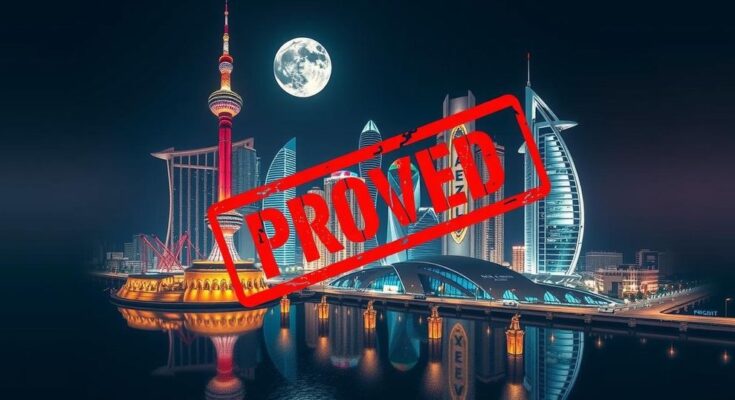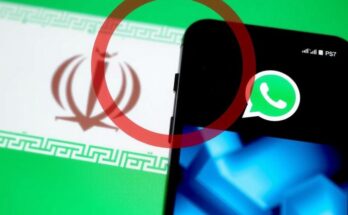Kuwait has revoked its approval for the video game Call of Duty: Black Ops 6, which features Saddam Hussein and aspects of the Gulf War. The game will not be released in the nation, prompting Activision to cancel and refund pre-orders. This decision emphasizes the delicate nature of historical representation in video games within certain cultural contexts.
Kuwait has officially decided to rescind its approval for the highly anticipated video game, Call of Duty: Black Ops 6, due to the inclusion of the late Iraqi dictator Saddam Hussein. The game’s release is scheduled for Friday; however, this action has effectively resulted in a ban within the nation. The gameplay is set against the backdrop of the 1990s Gulf War, featuring CIA operators engaging in armed conflict in both the United States and the Middle East. Notably, gameplay trailers depict burning oil fields, a poignant reminder for Kuwaitis of the Iraqi forces’ devastation during the war, which included the intentional incineration of over 700 oil wells. Kuwait’s authorities have yet to formally acknowledge this ban, as the certification process for the game’s age rating remains incomplete. In addition to Hezbollah involvement and known historical references, the game features a multiplayer mode that presents a virtual desert shootout in Kuwait, entitled “Scud,” after the missiles used by Hussein during the conflict, and another map named “Babylon,” referencing the ancient Iraqi city. Activision, the developer and publisher of Call of Duty, confirmed in a statement that the game has not received approval for release in Kuwait. Moreover, all pre-orders in the region will be canceled and refunded. The company expressed hope that local authorities would reconsider their position, allowing Kuwaiti players to experience this new installment of the Black Ops series.
The Call of Duty franchise, established in 2003, has become one of the most recognized brands in the video game industry, generating billions in revenue. The series is characterized by its first-person shooter gameplay while often drawing controversy for its incorporation of real-world conflicts and geopolitics. Previous iterations have faced bans in various countries, including chapters in China and Russia. For instance, a 2009 version allowed players to simulate a militant attack on a civilian airport, raising ethical concerns about the portrayal of such events in gaming. This latest controversy in Kuwait centers around the thematic elements of Black Ops 6 and its connection to the Gulf War, a sensitive subject that directly impacts the country’s historical narrative and collective memory of conflict.
In summary, Kuwait’s withdrawal of approval for Call of Duty: Black Ops 6 underscores the sensitivity surrounding historical events, particularly those involving figures such as Saddam Hussein. The cancellation of the game’s release highlights the ongoing tension between the gaming industry’s creative freedom and the cultural and political considerations within specific regions. As the game commemorates a contentious period in Middle Eastern history, this incident serves as a reminder of the potential consequences of geopolitical representations in multimedia formats.
Original Source: news.sky.com




